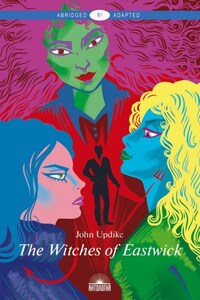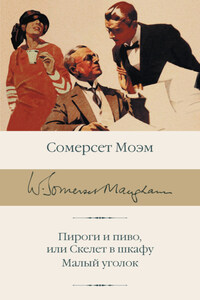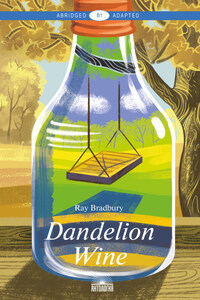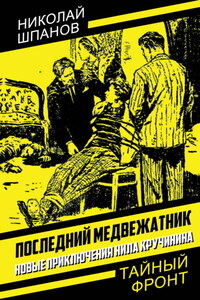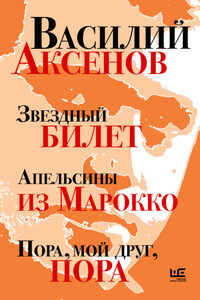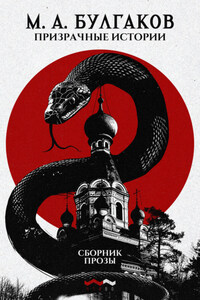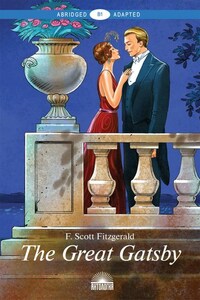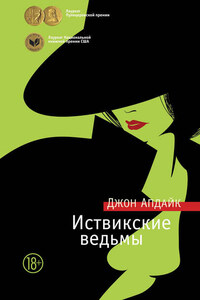“That man was like a black rock, and very cold.”
– Isabel Gowdxe, in 1662
“Now after the devil had ended his admonitions, he came down out of the pulpit, and made all the company come and kiss his arse, which they said was cold like ice; his body was hard like rock, as those who touched him thought.”
– Agnes Sampson, in 1590
“Sukie said a man has bought the Lenox mansion,” Jane Smart said in her hasty but resolute manner.
“A man?” Alexandra Spofford asked, her peaceful aura that morning disturbed by the assertive word.
“From New York,” Jane hurried on, dropping the r in Massachusetts style. “No wife and family, evidently.”
“Oh. One of those,” Alexandra said. Hearing this rumor about a homosexual that had come up from Manhattan to invade them, delivered in Jane's northern voice, she felt intersected where she was, in this mysterious sullen state of Rhode Island. She had been born in the West, where white and violet mountains lift in pursuit of the fluffy clouds, and tumbleweed rolls in pursuit of the horizon.
“Sukie isn't so sure,” Jane said swiftly. “He appears quite sturdy, and the backs of his hands are so hairy, she says. He told the people at Perley Realty he needed large space because he was an inventor with a lab. And he's got a number of pianos.”
Alexandra giggled. The sound of her laughter little changed since her Colorado girlhood; it seemed it was produced not out of her throat but by a little bird perched on her shoulder. “How many pianos can a man have?”
This seemed to offend Jane. Her voice bristled like a black cat's fur, iridescent. She said defensively, “Well, it's just what Marge Perley told Sukie at last night's meeting of the Horse Trough Committee.” This committee supervised the planting and, after vandalism, the replanting of a big blue marble trough for watering horses that historically stood at the center of Eastwick, where the two main streets met. The town was shaped like an L, fitted around Narragansett Bay. Dock Street held the downtown businesses, and Oak Street at right angles to it was where the lovely big old homes were. Marge Perley, whose horrid canary-yellow For Sale signs jumped up and down on trees and fences according to the tides of economics and fashion (Eastwick had for decades been semi-depressed and semi-fashionable) and people moved in or out of the town, was a heavily made-up, energetic woman who, if one at all, was a witch of a different type from Jane, Alexandra, and Sukie. There was a husband, a tiny fussy Homer Perley always trimming their hedge, and this made a difference. “The papers were passed in Providence,” Jane continued.
“And with hairy backs to his hands,” Alexandra mused. As if in a crystal ball she saw that she would meet and fall in love with this man and that little good would come of it. “Didn't he have a name?” she asked.
Jane only remembered that it was one of those names with a 'van' or a 'von' or a 'de' in it.”
“When is he going to move in?”
“He said soon. He could be in there now!” Jane sounded alarmed. Alexandra visualized the other woman's rather too thick (for the rest of her thin face) eyebrows lifting in halfcircles above her dark resentful eyes. If Alexandra was the large type of witch, always spreading herself thin, trying to merge with the landscape, and in her heart rather lazy and cool, Jane was hot, short, concentrated like a pencil point, and Sukie Rougemont, busy downtown all day long gathering news and smiling hello, had an oscillating nature. So Alexandra mused, hanging up. Things fall into threes. And magic occurs all around us when nature finds the predestined forms, and things crystalline and organic fall together at angles of sixty degrees, the equilateral triangle being the mother of structure.
She returned to putting jars of spaghetti sauce on the shelf, sauce for more spaghetti than she and her children could consume in a hundred years. It was, she vaguely felt, some kind of ridiculous tribute to her present lover, a plumber of Italian ancestry. She made that sauce of her own tomatoes. Ever since, two summers ago, Joe Marino had begun to come into her bed, an extravagant fecundity had overtaken the plants, out in the side garden where the southwestern sun shone through the line of willows each long afternoon. The little tomato branches broke under the weight of so much fruit. Tomatoes seemed the most human of all plants, eager and fragile and prone to rot. Picking the watery orange-red balls, Alexandra felt she was cupping a giant lover's testicles in her hand. She recognized as she worked in her kitchen the something sadly menstrual in all this, the bloodlike sauce that will be poured upon the white spaghetti. The fat white strings would become her own white fat. This female struggle of hers against her own weight: at the age of thirty-eight she found it increasingly unnatural. In order to attract love must she deny her own body, like a neurotic saint of the past? Nature is the index and context of all health and if we have an appetite it must be satisfied, satisfying thereby the cosmic order. Yet she sometimes despised herself as lazy, in taking a lover of a race so tolerant of stoutness.
